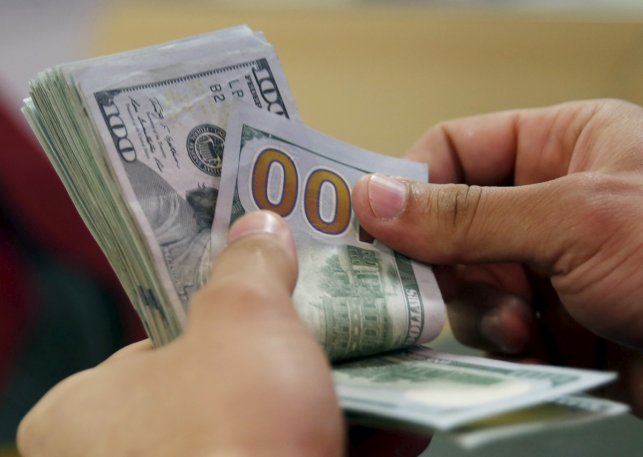
The Bankers Association of the Philippines (BAP) announced that banks in the Philippines will continue normal banking operations despite the declaration of Martial Law in the island region by President Rodrigo Duterte to suppress the Maute group - a band of armed militants who wanted to take over Marawi City to hoist their flag last week. BAP also announced that the banks are committed to bringing regular banking services to serve its clients.
While BSP Deputy Governor Nestor Espenilla Jr. told Philippines media that two banks in Marawi were closed due to armed attacks in the city, all banks adjacent to Marawi City remained normal and continued their operations. Espenilla also ensured that there will be enough money to be withdrawn from ATM machines.
Rodrigo Duterte last week issued Proclamation No. 216 imposing Martial Law and Suspending the privilege of Habeas corpus in the whole of Mindanao, a region of 22 million people with 27 provinces and 33 cities.
Central Bank Governaor Amado Tetanco, Jr. also shared that it is a very decisive move on the part of the government to declare Martial Law to improve the security, peace as well as law and order.
Mindanao has a total of 1,276 universal, commercial, thrift and cooperative banks and last year the Central Bank announced that most banks now are more accessible to micro-entrepreneurs.
Meanwhile, National Economic Development Minister Ernesto Pernia also said that "The economy remains stable given its strong fundamentals and, the economy will remain resilient and will keep growing."
Pernia forecasted that despite the conflict in Marawi City, the Philippines economy targets 7-8% GDP growth rate in the 2017-2020 strategic development plan - a target that can be higher than other ASEAN nations.
Pernia also noted that Mindanao has many potentials that can be a major driver of economic growth in both agriculture and trade.
Pernia said Mindanao made a good agribusiness performance in the first quarter of the year especially from high production crops such as sugarcane, banana, pineapple, tobacco, peanut, monggo, cassava, tomato, garlic, onion, eggplant, and rubber.









